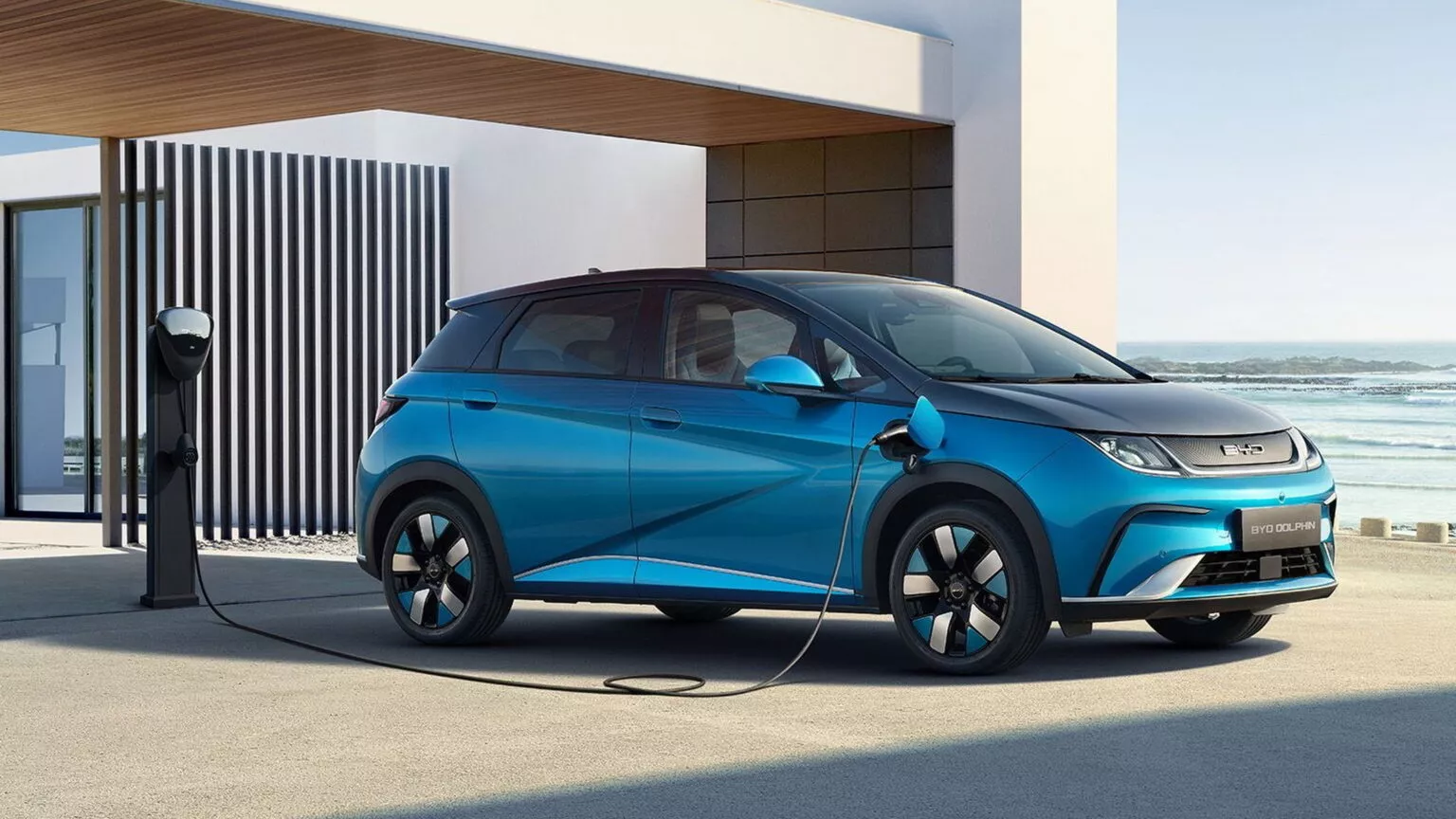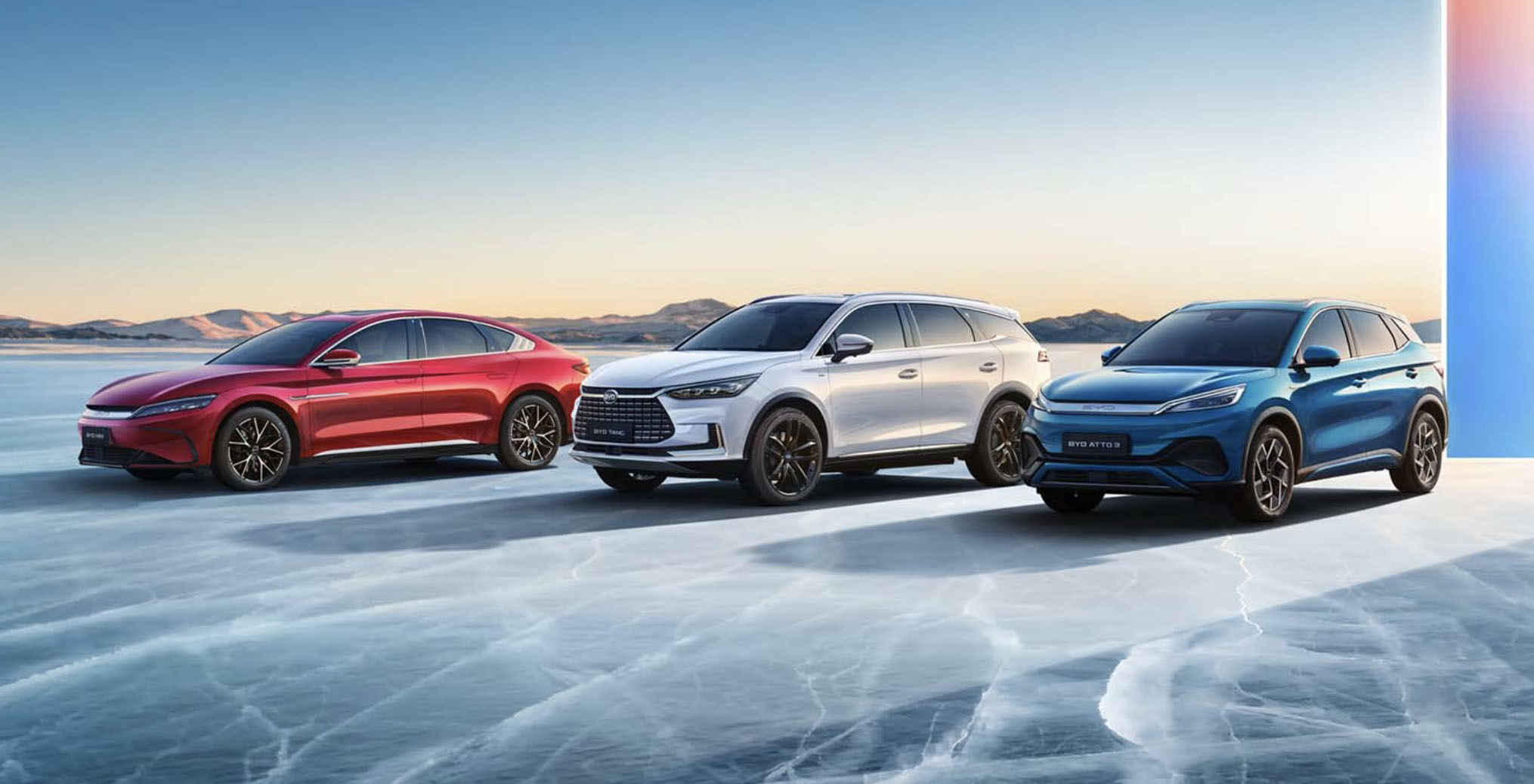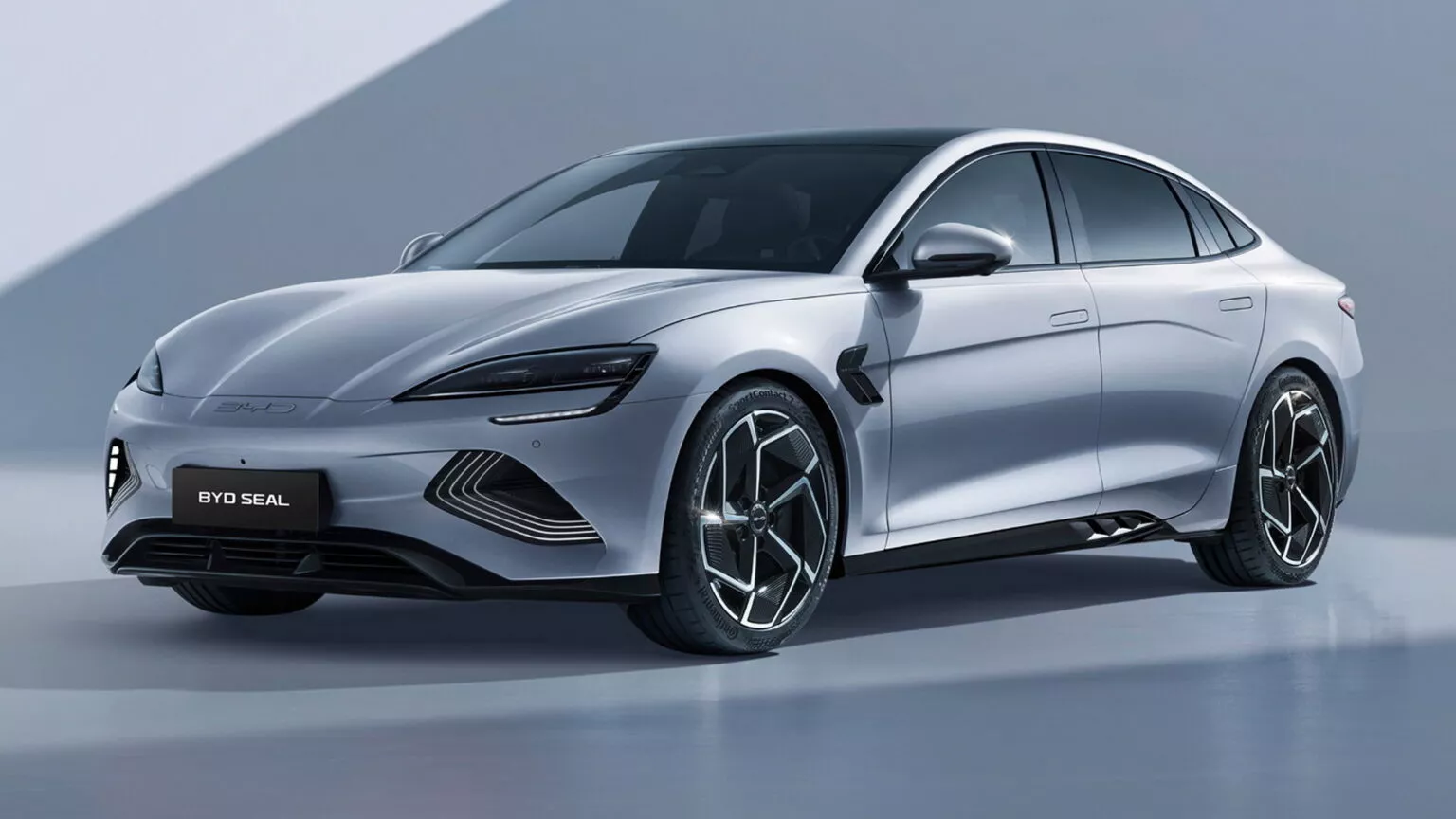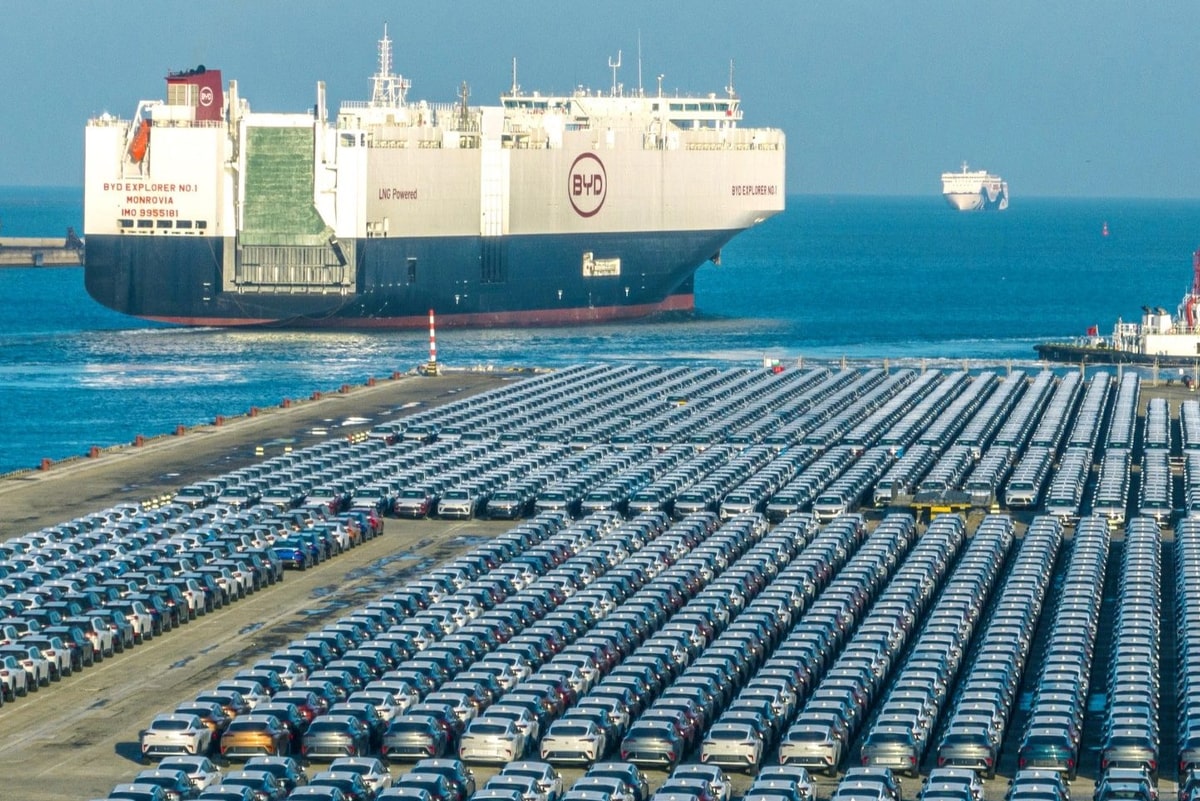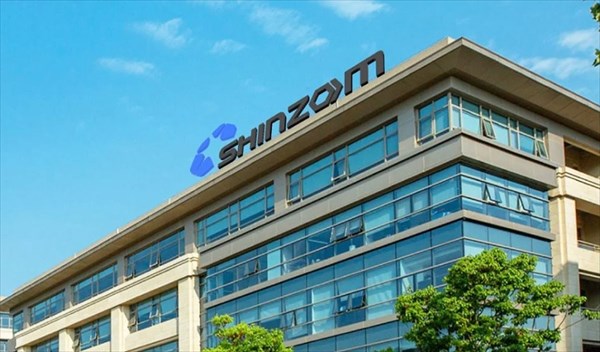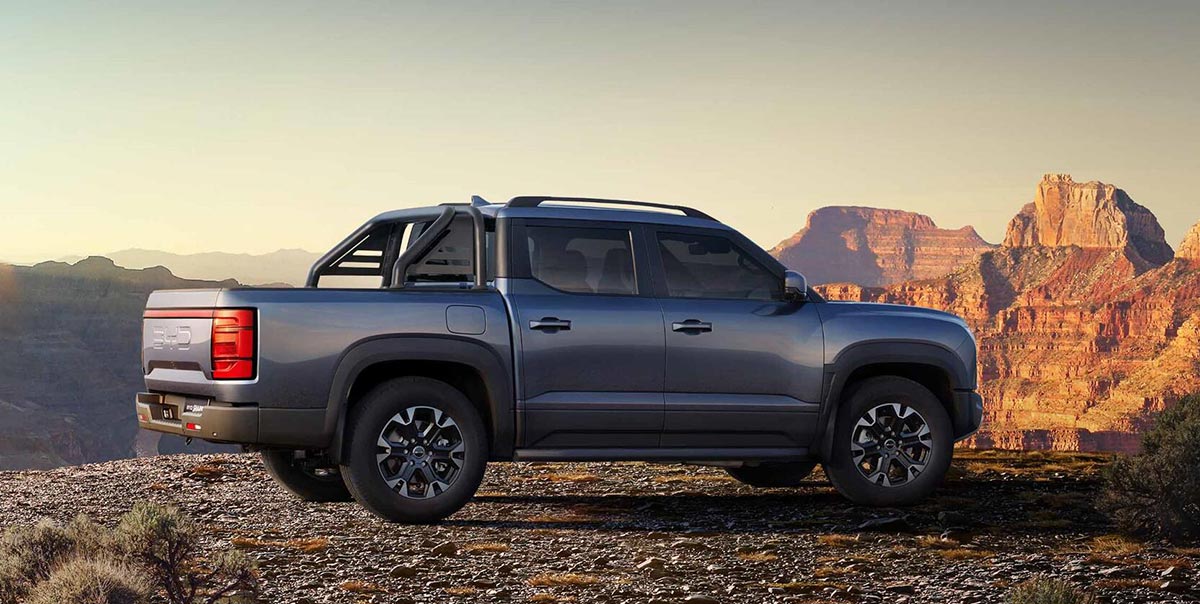The Biden administration is reportedly considering a substantial tariff increase on Chinese electric vehicles (EVs), with sources familiar with the matter indicating a potential hike to nearly 100%. This significant increase, up from the current 25% tariff, could effectively block Chinese EVs from entering the US market. However, there is a potential loophole involving Mexico that could allow some vehicles to still reach US consumers.
The proposed tariff, as reported by the Wall Street Journal and expected to be official next week, would not only affect EVs but also batteries and solar panels from China. This move follows a review process that began in 2022 and appears to align with President Biden’s recent comments about increasing tariffs on Chinese steel.
President Biden expressed concerns about unfair competition from Chinese steel companies, stating, “For too long, the Chinese government has poured state money into Chinese steel companies, pushing them to make so much steel, as much as possible, subsidized by the Chinese government. They’re not competing. They’re cheating. They’re cheating. And we’ve seen the damage here in America.”
In addition to the tariff on Chinese products, the administration is also considering a 2.5% duty on all cars imported to the US.
Despite these tariffs, there remains a potential loophole for Chinese EVs to enter the US market through Mexico. Some Chinese companies could manufacture their EVs in Mexico to avoid tariffs when exporting to the US. However, recent actions by Mexico, such as halting federal incentives to Chinese automakers, indicate a recognition of the delicate situation.
Mexico appears to be balancing its relationship with both the US and China. Meanwhile, President Trump has indicated a desire to impose 60% tariffs on all Chinese products if re-elected in November.

